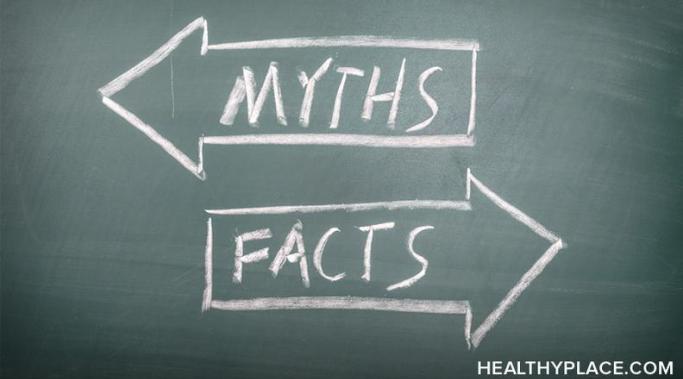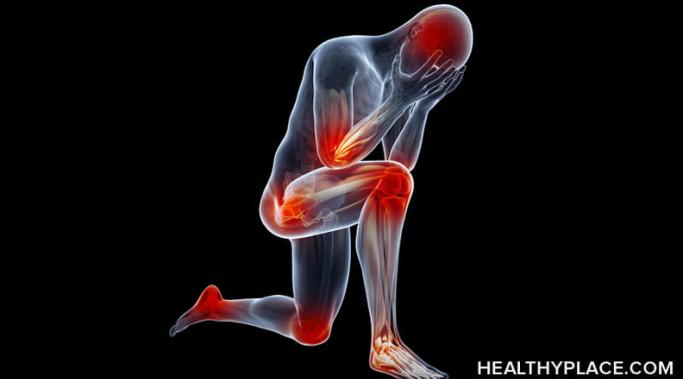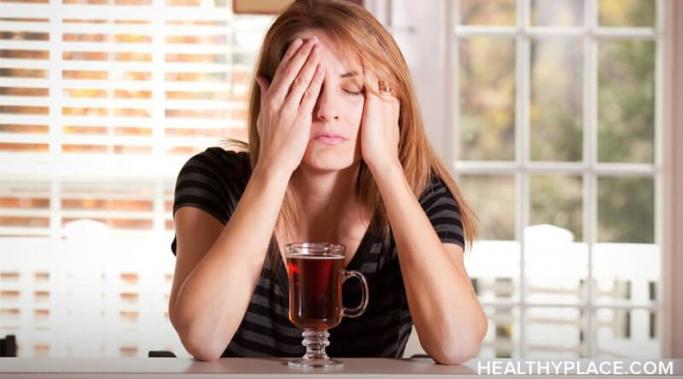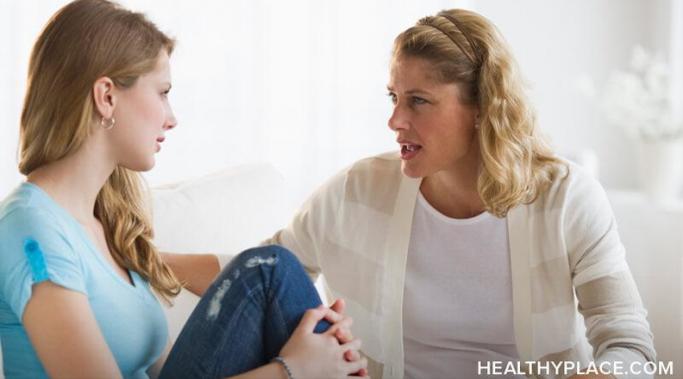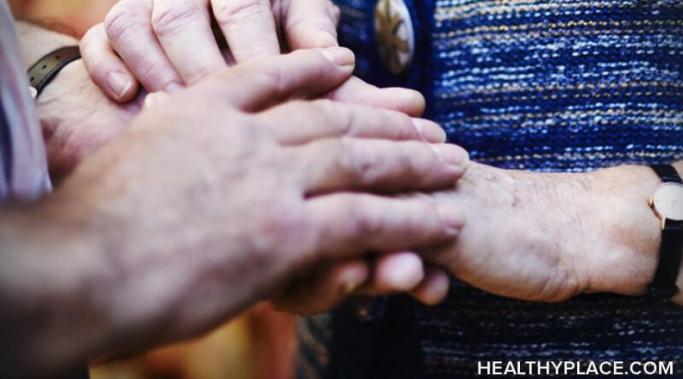There are many mental health myths such as mental illness only affects a few people or mental illness is caused by personal weakness. However, some mental health myths, especially myths surrounding suicide, can be particularly dangerous.
Mental Health - Recovering from Mental Illness
I have a new neighbor who scares me. He likes to wander the halls, yelling at nobody and at least once threatening criminal activity. I'm scared it could turn violent. I lock my door, keep a knife handy and try to ignore his rants. People have told me to call the police and try to get him admitted to the psych ward. But the staff at my apartment assure me he's sick, not violent, and there's nothing they can do. Which means there's nothing I can do. So how sick is too sick to be in public?
Other than a trip to the hospital, my Thanksgiving was great. I became ill almost immediately after the dinner and assumed I had indigestion. On the following Sunday, I called my doctor after Googling "indigestion lasting three days." The nurse sent me to the emergency room (ER), where I was admitted with a diagnosis of acute pancreatitis. That may not sound like the most educational of experiences, but I've learned three things about mental illness and how it is affected by physical health.
Mentally ill people don’t have a pass on life’s crises. Wouldn’t it be great if The Universe said, "You are one who suffers daily. To make it fair, I hereby declare mentally ill people should be spared from life’s hardships?"
I am in the interesting position of being both a family member of a mentally ill person and being mentally ill myself. It sometimes gives me a unique understanding into both sides of the issues that can arise between the ill person and their family members.
It's difficult for some loved ones to give us validation for our mental illness because they don't want to believe we're in so much pain that they cannot heal. Mental illnesses and the symptoms they cause can sometimes put us in a great deal of pain. We have a need to share our pain with others. There’s just a desire in us for people we care about to know that we’re hurting. We want them to know so they can comfort us, reassure us, and take care of us. Mental illness validation from our loved ones and doctors helps us to recover.
This week my life closely resembles one of those old country and western songs. You know the ones. Basically everything that could go wrong has, and even the dog doesn’t want to get close to me.
I’m sitting alone in my four bedroom home, contemplating the condition of my life and wondering just where this is taking me.
I’m very fortunate that I have people in my life, specifically my wife and kids, who truly love me. They love me enough to tell me I need help and they want me to get it. Until I do, they’ve decided that for their own well being, they think living apart from me is the best thing for them right now.
Coping with symptoms of mental illness can be a daily struggle for the mentally ill. Each person develops his or her own strategies to cope with these painful experiences. These strategies can be as unique to each person as you can make them. What works for you to battle your mental illness symptoms might not work for me, and vice versa.
We learn these coping strategies over time in the crucible of our illness and the ways in which we gain insight into our symptoms and how they uniquely affect us. That’s why it’s not very helpful to say to a mentally ill person struggling with their symptoms, “Just do this,” or “Just do that.”
The past week has been quite an emotional one for many, especially many in the mental health community. The death of beloved actor Robin Williams by suicide on August 11, has shaken our community to the core.
Why? What is it about Williams and his manner of death that touched so many of us? Many of us understand depression. We get being suicidal. We understand what it’s like when our kids or grandkids ask us to play and we must say, “No, I’m sorry honey. I just don’t feel up to it right now.”
That terrible mix of guilt and fear, blended with the self-loathing because we feel like we have no energy, yet refuse to stop beating ourselves up over the very depression that is making us feel that way.
In 2010, I worked as a peer support specialist for a mental health organization in my community. Having been on the job for just over a year, I was feeling fulfilled and proud of myself for what I’d accomplished. Most importantly, I was making a difference to other people who suffered from mental illness. My colleagues were happy with my work and made it a point of telling me so.
So imagine my surprise when I was called into the boss’s office one day. She looked at me and said, “Mike, you are decompensating.” I didn’t even know what that meant.
